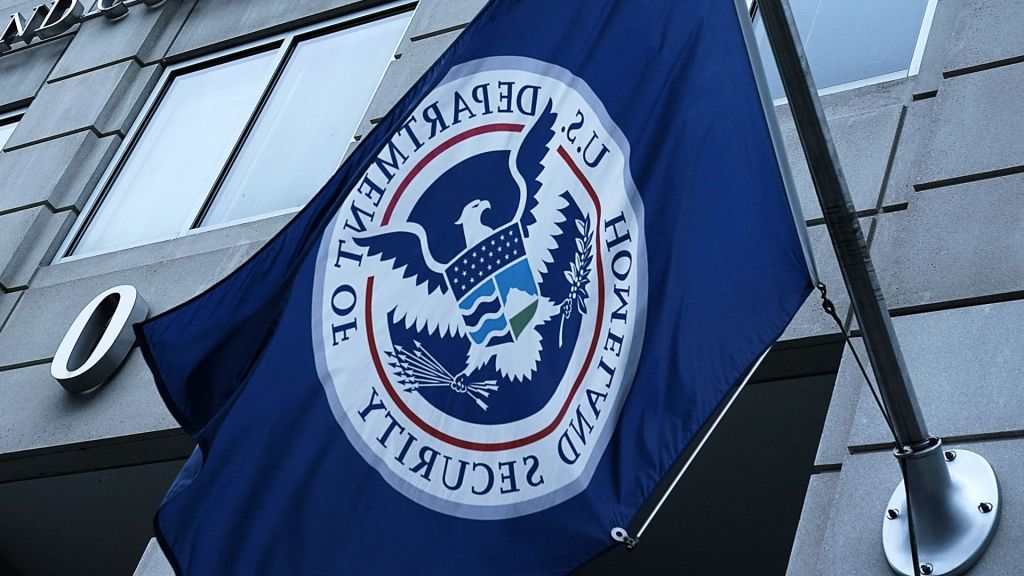
[Karah Rucker]
A DELAWARE JUDGE JUST HANDED DOWN A LANDMARK RULING THAT COULD IMPACT HOW ARTIFICIAL INTELLIGENCE COMPANIES TRAIN THEIR MODELS.
ON TUESDAY, THOMSON REUTERS WON A CRUCIAL VICTORY AGAINST AN A-I STARTUP ACCUSED OF STEALING THEIR WORK WITHOUT PERMISSION
JUDGE STEPHANOS BIBAS RULED AGAINST ROSS INTELLIGENCE, SAYING THEY ARE LIABLE FOR COPYRIGHT INFRINGEMENT.
BIBAS WROTE, “NONE OF ROSS’S POSSIBLE DEFENSES HOLDS WATER. I REJECT THEM ALL.”
THIS LAWSUIT WAS FILED IN 2020, WELL BEFORE THE GROWING DEBATE OVER COMPANIES USING COPYRIGHTED DATA TO TRAIN AI.
U.S. LAW TYPICALLY GIVES OWNERS CONTROL OVER THEIR WORK—ALLOWING THEM TO SELL OR DISTRIBUTE IT, WHILE ALSO PREVENTING OTHERS FROM COPYING IT WITHOUT AUTHORIZATION.
EXCEPT IN THE CASE OF FAIR USE, WHICH WE’LL GET TO IN A MINUTE.
THOMSON REUTERS SUED ROSS INTELLIGENCE, CLAIMING ROSS USED ONE OF ITS PRODUCTS TO CREATE A NEW LEGAL RESEARCH ENGINE. THOMSON REUTERS’ WESTLAW DATABASE SUMMARIZES LEGAL RULINGS.
ROSS HAD TRIED TO LICENSE WESTLAW’S CONTENT. BUT THOMSON REUTERS DENIED THEM AS A DIRECT COMPETITOR.
COURT DOCUMENTS LATER SHOWED ROSS THEN GOT ITS DATA FROM LEGAL EASE, WHICH USED BULK MEMOS CONTAINING INFORMATION FROM WESTLAW.
ROSS’S CO FOUNDER PUBLICLY DENIED THE ALLEGATIONS IN A BLOG POST–SAYING THE LAWSUIT WAS A WEAPON TO STUNT HIS COMPANY’S GROWTH. MONTHS LATER, ROSS ANNOUNCED IT WAS SHUTTING DOWN ITS OPERATIONS, CRIPPLED BY THE LAWSUIT.
ROSS’S FAILED ARGUMENT WAS THAT FAIR USE ALLOWED IT TO USE COPYRIGHTED MATERIAL BECAUSE ITS A-I MODEL USED IT TO LEARN FROM AND GENERATE NEW CONTENT.
FAIR USE ALLOWS THE USE OF COPYRIGHTED MATERIAL WITHOUT PERMISSION IN SOME CASES, LIKE TEACHING AND RESEARCH.
A THOMSON REUTERS SPOKESPERSON TOLD STRAIGHT ARROW NEWS, THEY ARE THANKFUL THE COURTS, “concluded that Westlaw’s editorial content created and maintained by our attorney editors, is protected by copyright and cannot be used without our consent. The copying of our content was not ‘fair use.’”
THIS IS THE FIRST DECISION OF ITS KIND DEALING WITH FAIR USE AND A-I. THE LAWSUIT ORIGINATED TWO YEARS BEFORE CHATGPT EVEN CAME ON THE SCENE.
BUT TUESDAY’S DECISION WILL WEIGH ON ONGOING AND FUTURE LAWSUITS RELATED TO HOW TECH COMPANIES LIKE OPENAI AND MICROSOFT TRAIN A-I MODELS.
A HIGH PROFILE CASE INCLUDES OPENAI AND THE NEW YORK TIMES. THE NEW YORK TIMES CLAIMS OPENAI SCRAPED ITS COPYRIGHTED CONTENT WITHOUT PERMISSION TO TRAIN ITS SYSTEMS.
AS FAR AS THE THOMSON REUTERS CASE GOES, THE JUDGE’S DECISION IS A PARTIAL JUDGMENT. THE CASE WILL STILL GO IN FRONT OF A JURY TO SETTLE THE CASE.
ROSS INTELLIGENCE DID NOT RESPOND TO OUR REQUEST FOR COMMENT REGARDING THE RULING.
FOR STRAIGHT ARROW NEWS, I’M KARAH RUCKER.










